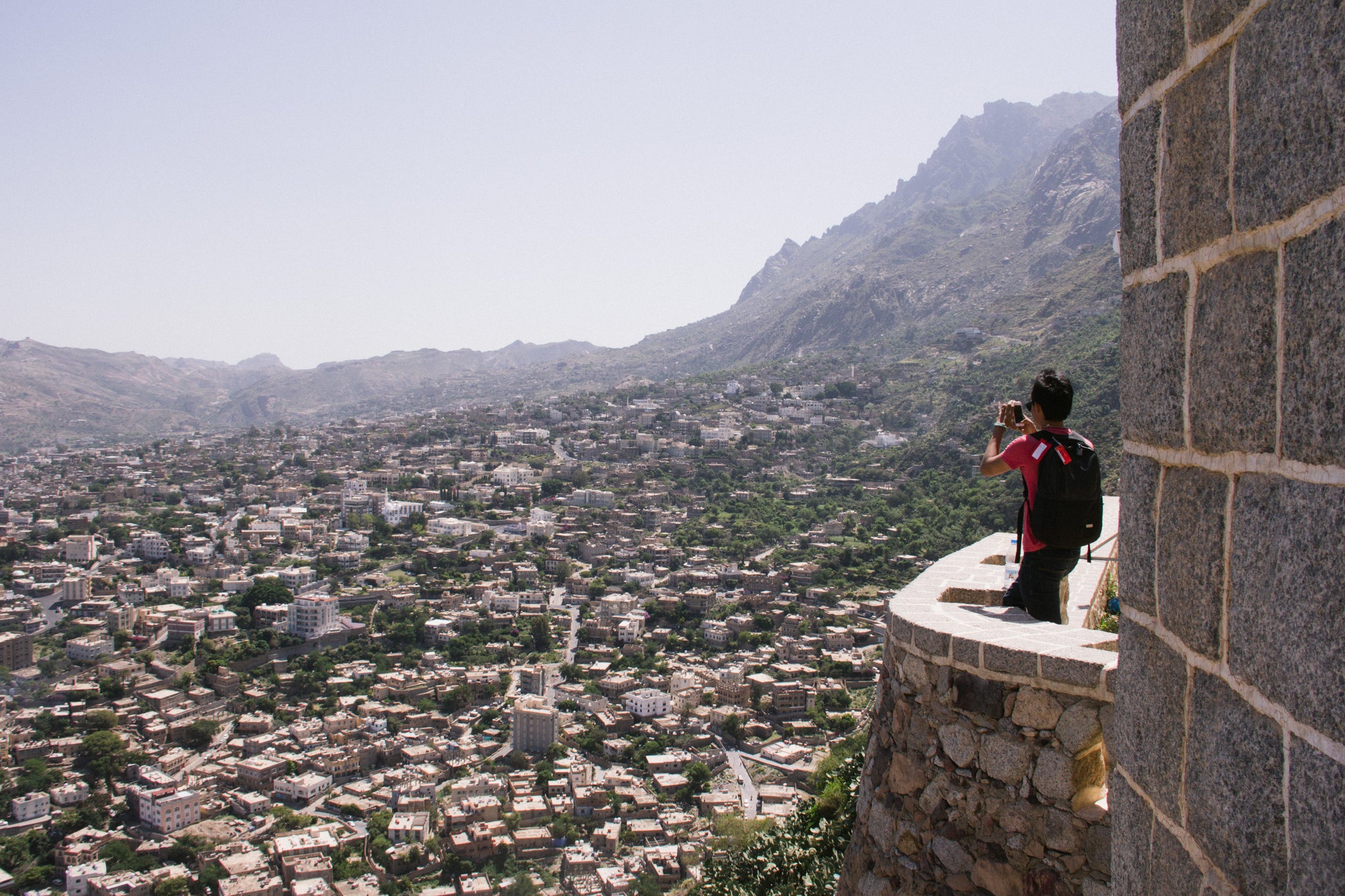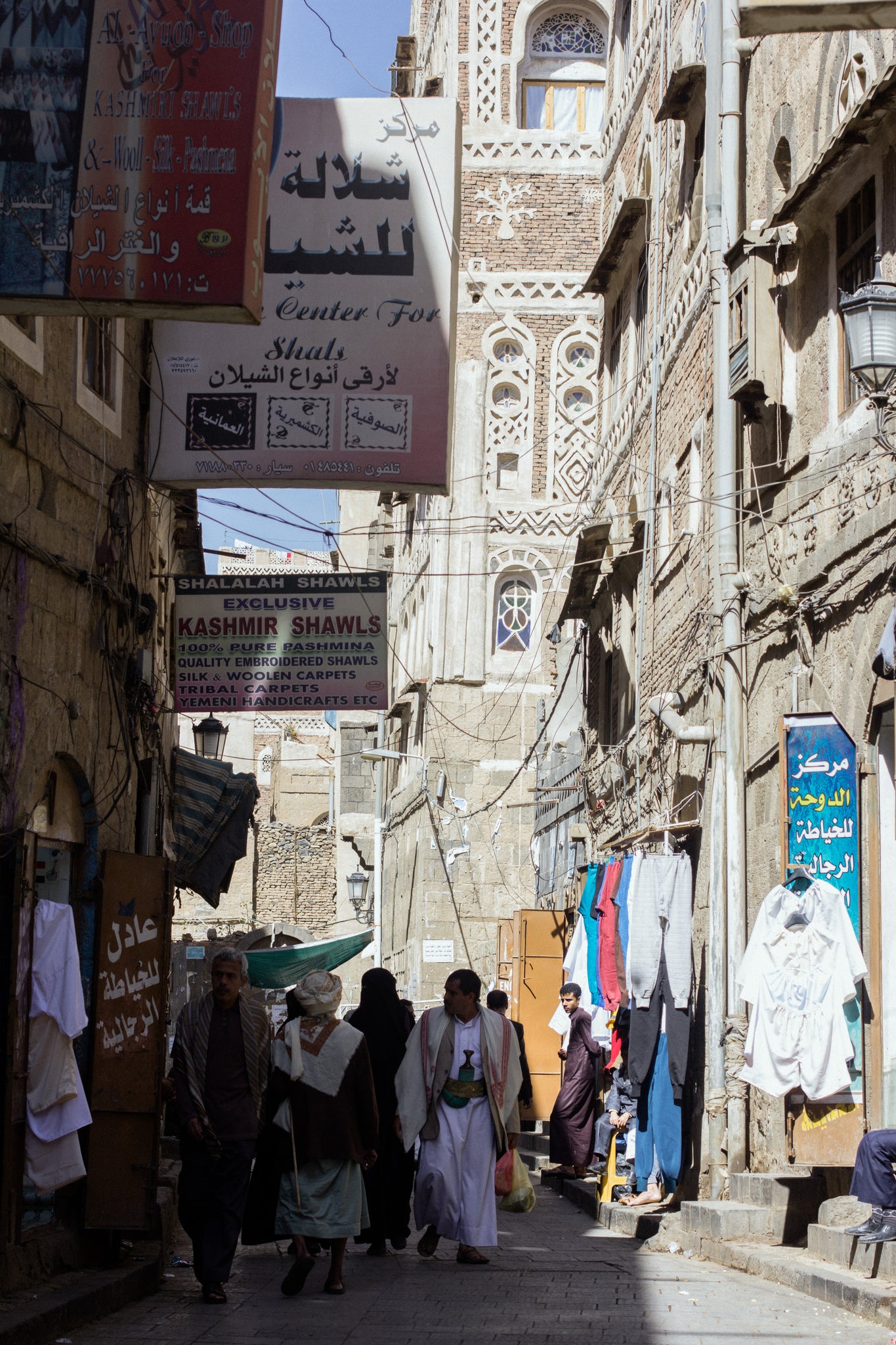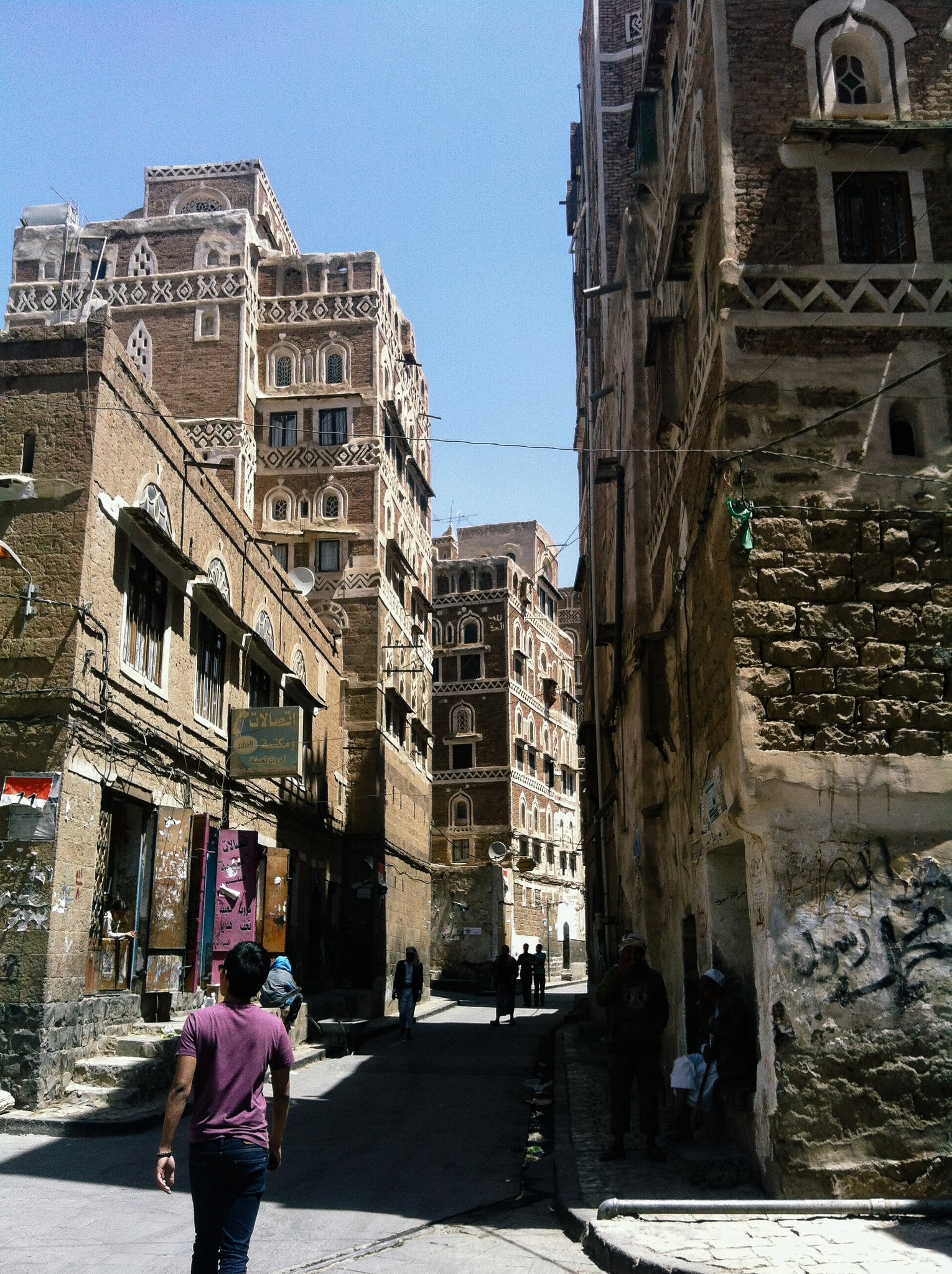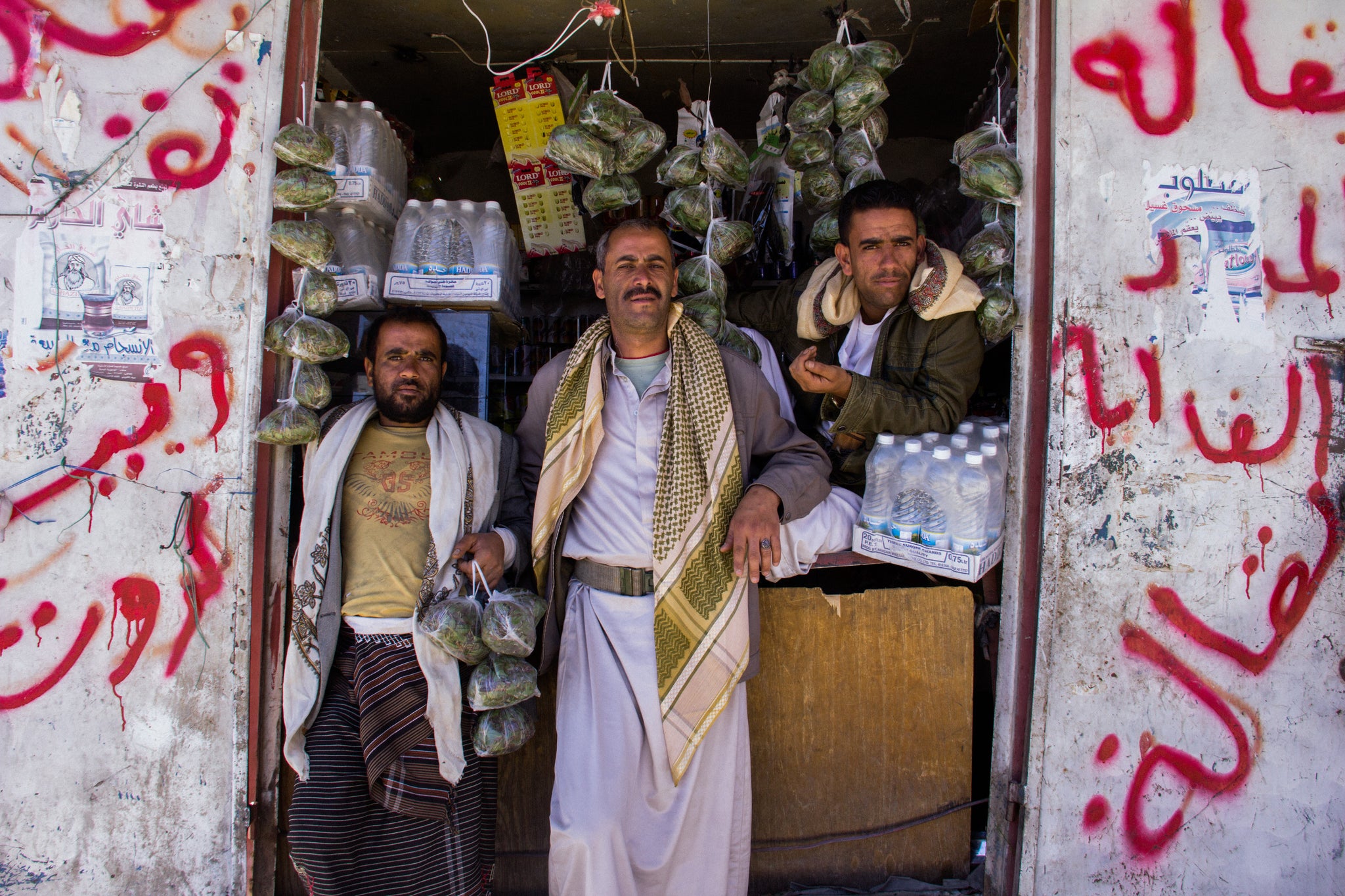Road to Yemen
-
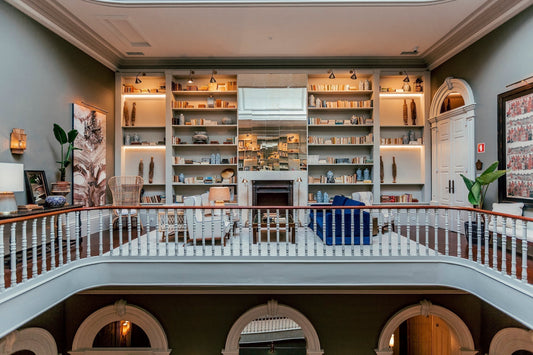
Torel 1884 Suites & Apartments, Porto, Portugal...
In the heart of Porto, where history meets vibrant streets, Torel 1884 Suites & Apartments offers a rare kind of luxury. Opened in February 2019, this intimate haven spans two...
Torel 1884 Suites & Apartments, Porto, Portugal...
In the heart of Porto, where history meets vibrant streets, Torel 1884 Suites & Apartments offers a rare kind of luxury. Opened in February 2019, this intimate haven spans two...
-
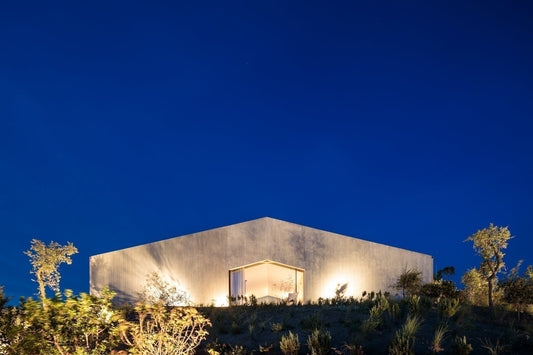
Pa.te.os, Melides, Portugal – Where Architectur...
Driving from Lisbon to Melides felt like slowly peeling back the layers of Portugal. It was my first time driving in the country, and the further I got from the...
Pa.te.os, Melides, Portugal – Where Architectur...
Driving from Lisbon to Melides felt like slowly peeling back the layers of Portugal. It was my first time driving in the country, and the further I got from the...
-
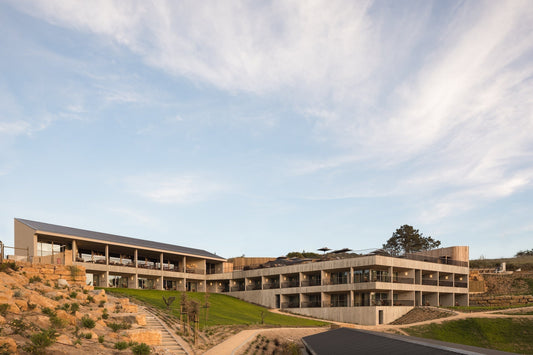
Immerso, Ericeira, Portugal – A Coastal Retreat...
This was my first time visiting Ericeira, and honestly, I didn’t know what to expect. I was just excited to go somewhere new. I decided to get there by bus...
Immerso, Ericeira, Portugal – A Coastal Retreat...
This was my first time visiting Ericeira, and honestly, I didn’t know what to expect. I was just excited to go somewhere new. I decided to get there by bus...
1
/
of
3

